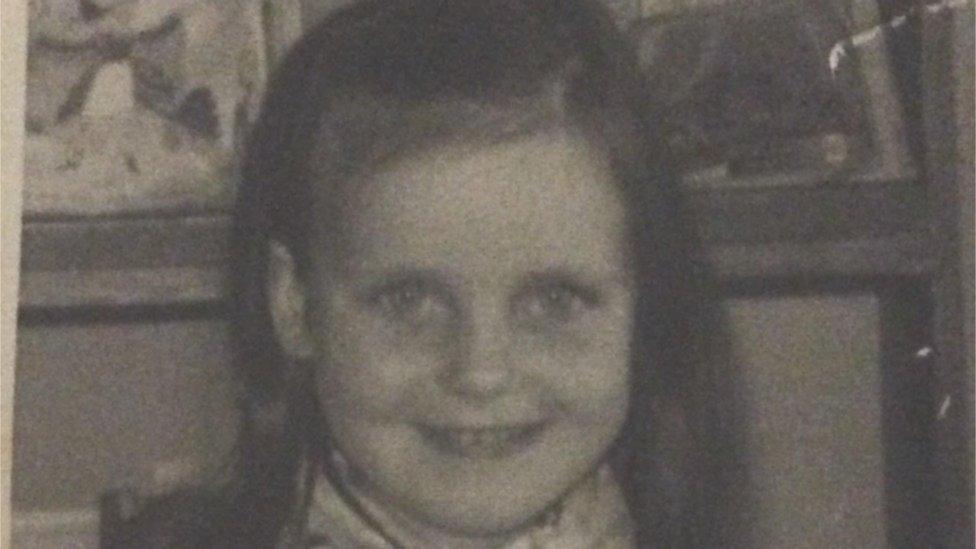My six-year wait for life-changing compensation
- Published
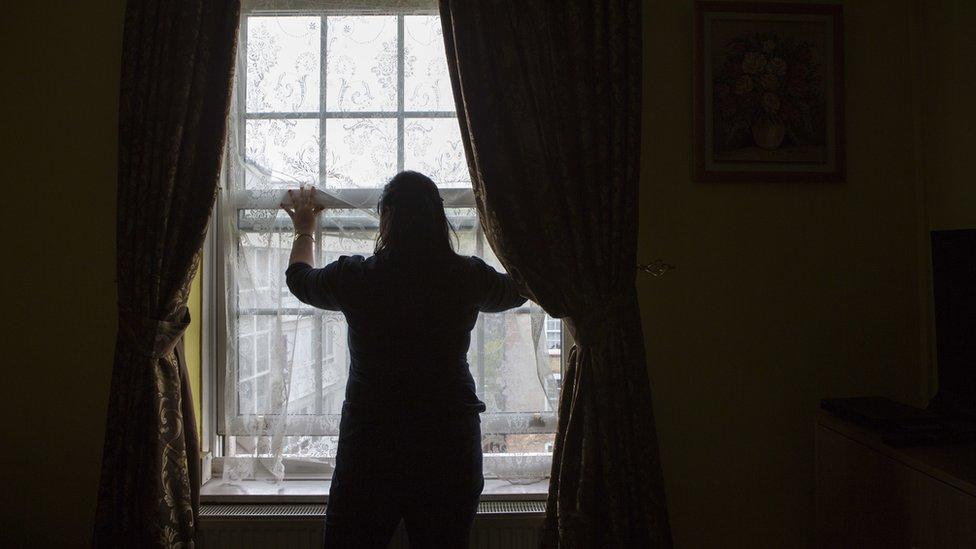
"I met an older man and I was in a vulnerable situation. He took me under his wing and very quickly groomed me," says Emma.
This was two decades ago, when she was 16. The man went on to physically and sexually abuse her over a two-year period.
She has decided to waive her anonymity to share her story.
"I was tortured and raped pretty much daily, locked in a bedroom, denied food," she says.
"I had cigarette burns, bite marks. He threw a knife at me and it stabbed me in the ankle. It severed all of the tendons and it went through a nerve."
Years later, Emma made the difficult decision to have part of her leg amputated as a result of her injuries.
Psychological trauma
About a year after the abuse began, Emma became pregnant - and when the baby was a few weeks old, they managed to escape to a women's refuge.
Her abuser was never convicted.
After her escape, she tried to rebuild her life. She got a good job, met someone new and had more children.
"The only way to survive was forgetting about it," Emma says. "My brain was looking after itself."
But in the past few years, the injuries from the stab wound became extremely painful and, with that, the psychological trauma resurfaced.
Emma became so distressed she could not work.
Legal help
In 2012, she decided to apply for compensation through the state-funded Criminal Injuries Compensation Authority (CICA), which offers awards to victims of sexual or violent crime if they qualify under certain rules.
The reply came by post. "A flat no basically," Emma says. "It was a very generic letter."
Emma was not deemed eligible for an award. The rules say most applications should start within two years of the crime but her abuse had been many years ago.
She could have given up. Instead, she found a solicitor who eventually managed to persuade the CICA that there were exceptional circumstances at play.
The first offer of compensation came four years after Emma first contacted the CICA. It was for £25,000.
But she was bitterly disappointed as it did not include compensation for the sexual violence she had suffered or for loss of earnings.
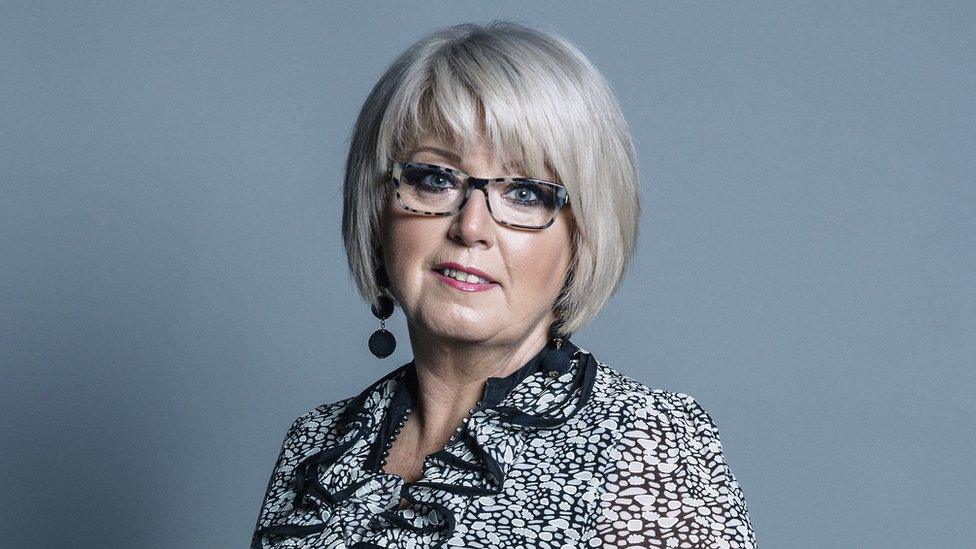
Baroness Newlove, the victims' commissioner for England and Wales, says the current scheme is not fit for purpose
If someone does not agree with the award offered, they can ask for the CICA to review the decision.
If they still disagree, the next step is to appeal against the decision at a tribunal, an independent panel of three experts who judge the facts and can cross-examine the applicant.
"The spotlight was on me so I was in full flight-or-fight mode," Emma says. "It felt like I was on trial.
"From start to finish it felt hostile. It was my life that was questioned, picked through with a fine- tooth comb."
Days later an email arrived. The tribunal had decided she should receive £277,000, 10 times the initial offer.
"It was a huge, huge difference," Emma says. "It was that recognition that you were a victim of serious sexual violence. It's believed and it's there in in black and white."
It had been six years since she began the difficult journey towards compensation.
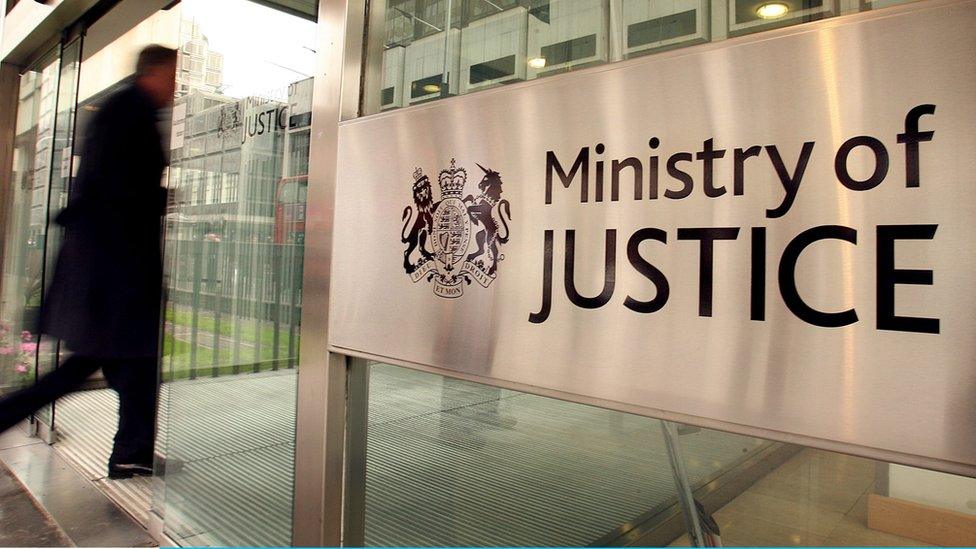
Without legal advice, Emma says, she would simply have accepted the first letter of refusal that said her application was too late.
And she thinks most victims would have taken the first, low offer of compensation rather than face further scrutiny.
"The system is designed with hurdles for people to give up," she says.
Emma is now using some of the money to have her home specially adapted.
"It's wheelchair accessible all the way round," she says.
"It will allow me to be more independent and to look after my family, which is all I really want."
'Tokenistic'
Stories like Emma's prompted Baroness Newlove, the victims' commissioner for England and Wales, to produce a review of the CICA, published in January 2019.
People applying to the scheme don't need paid representation to make a claim.
But Baroness Newlove has concerns about the huge uplift of money in Emma's case and whether other victims may accept low "tokenistic" awards because they do not have expert advice.
She says: "My concern is that families either accept the smaller amount because they're tired and then it doesn't help them to rehabilitate.
"And then secondly, if they find another family who have actually gone to a solicitor and that amount has been trebled, how does that make them feel? We're going to re-traumatise them."
The Ministry of Justice, which oversees the CICA, said more than £154m had been awarded under the scheme last year and every effort was made to get decisions right first time for victims.
A representative said: "We have already announced a full review of the Criminal Injuries Compensation Scheme to make sure it better supports victims, which will report back later this year."
They added that gathering information from police and medical experts could be a long process but was necessary to make a fair assessment of compensation.
File on 4's The Compensation Catch is on BBC Radio 4 on Tuesday 26 February at 20:00 GMT and available afterwards on BBC Sounds.
- Published23 January 2019
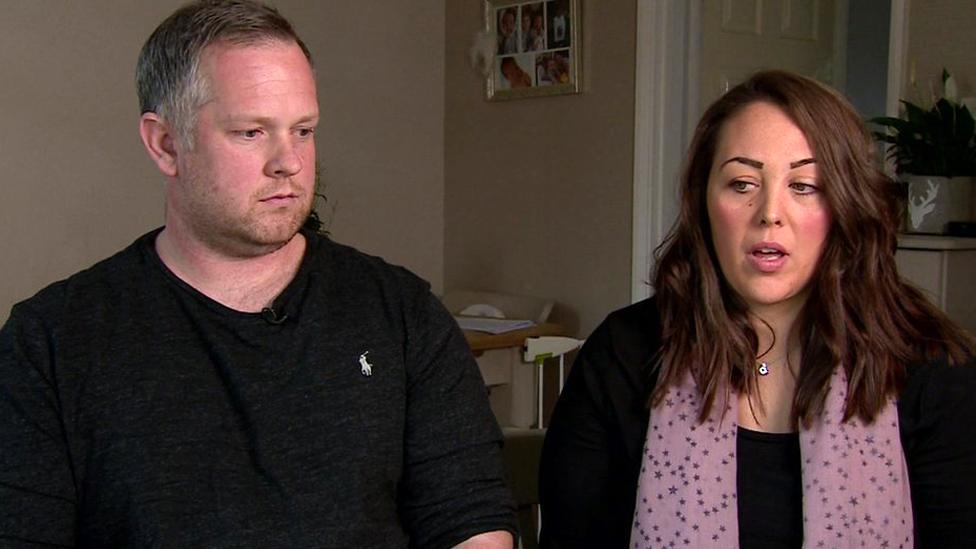
- Published1 October 2017
